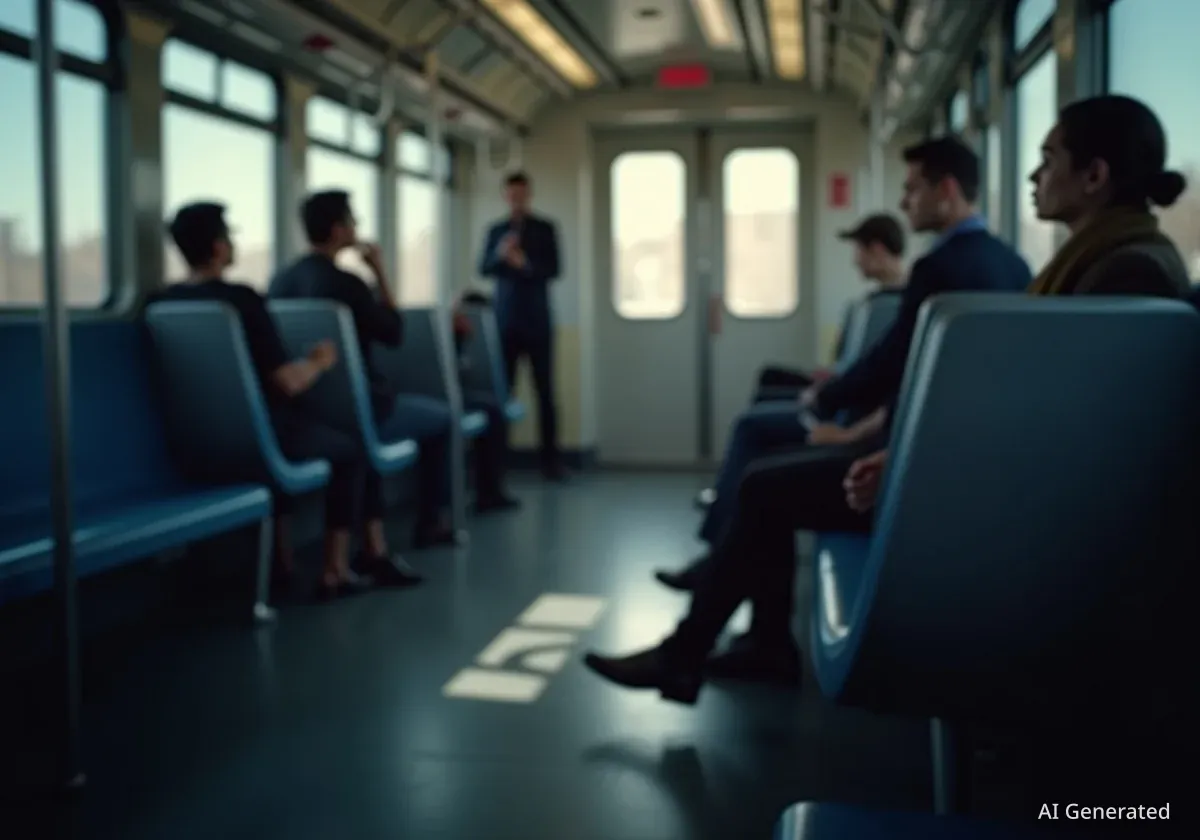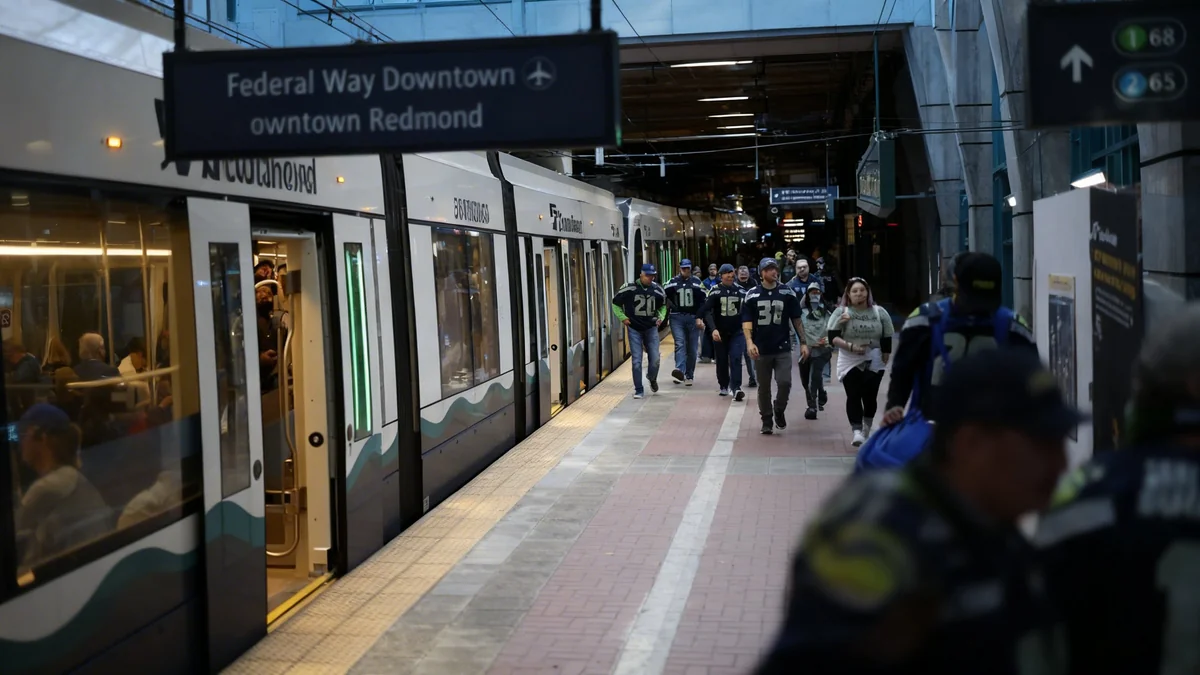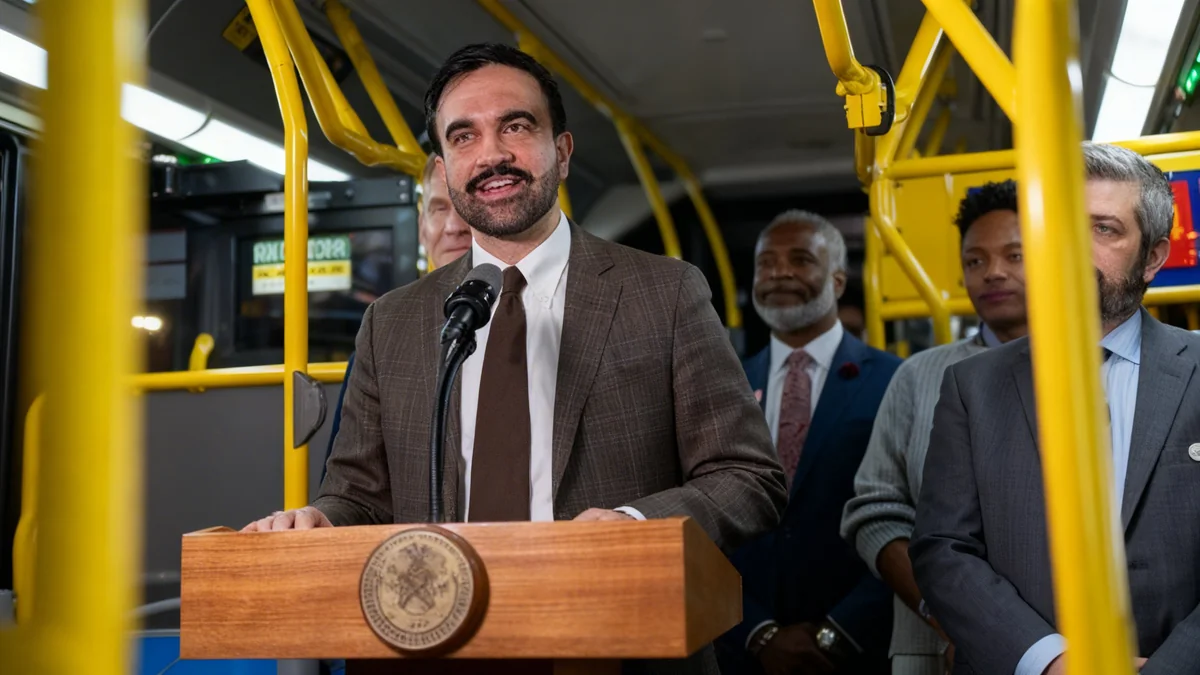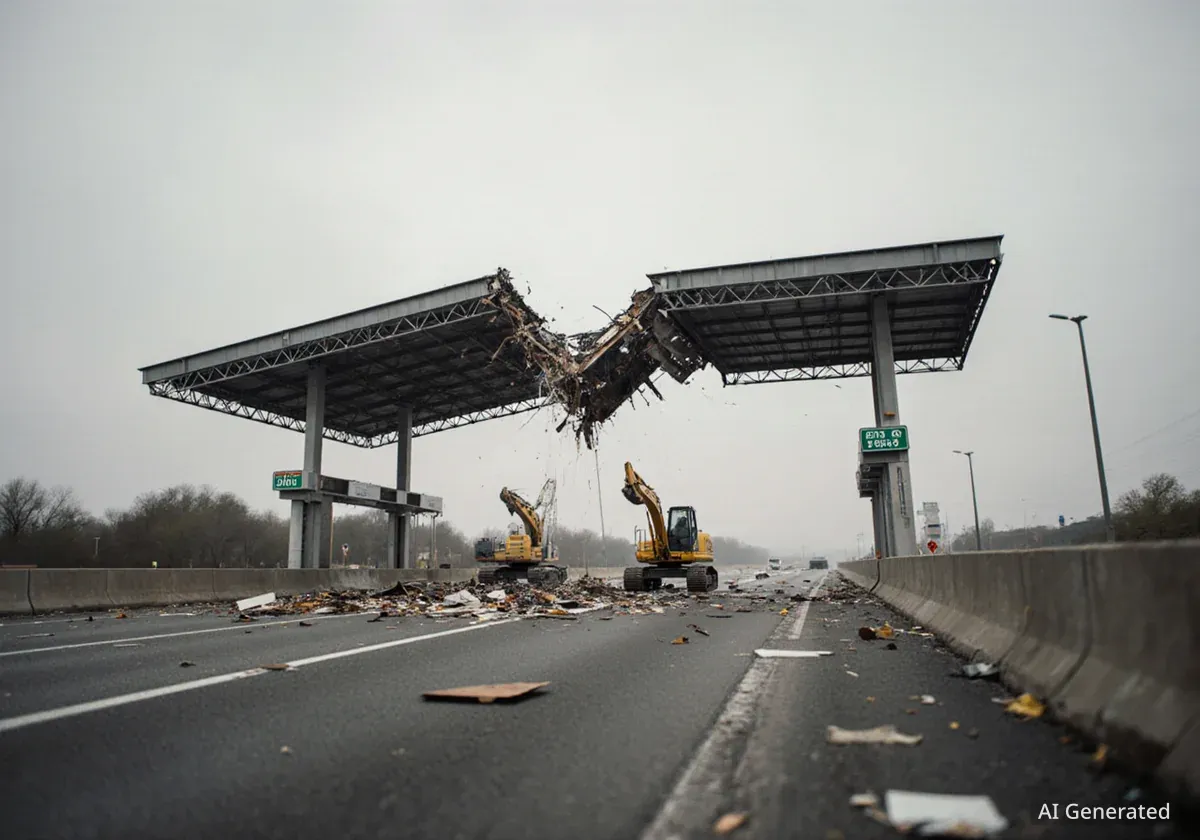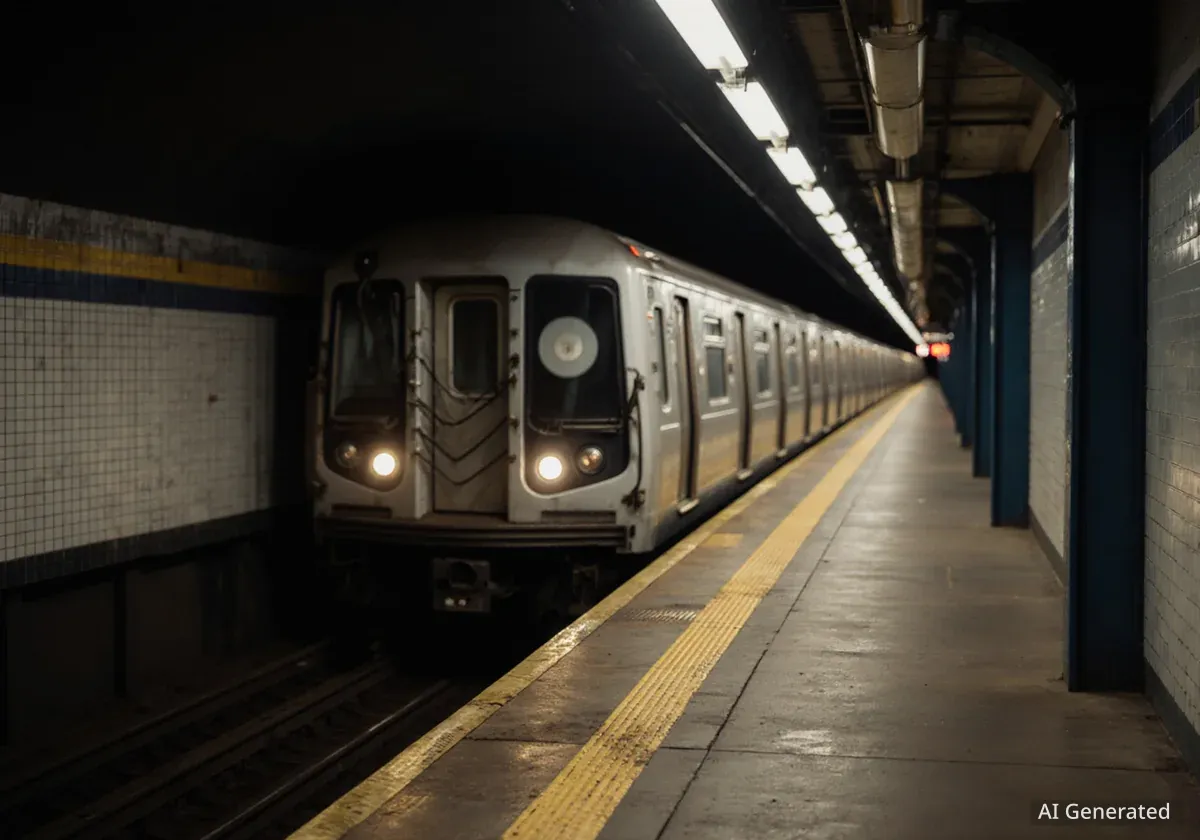Chicago's commuter rail system, Metra, has announced plans to increase fares by 13% to 15%. This decision aims to cover a projected $68 million budget shortfall in its proposed $1.1 billion budget for 2026. This marks the first fare increase for the agency since 2018, reflecting a broader financial challenge facing the region's public transportation network.
Key Takeaways
- Metra proposes a 13% to 15% fare increase for 2026.
- The increase is intended to cover a $68 million budget gap.
- It is Metra's first fare hike since 2018.
- The Regional Transportation Authority (RTA) mandated revenue increases for regional transit agencies.
- Future shortfalls in 2027 and 2028 could lead to service cuts without additional funding.
Metra's Proposed 2026 Budget and Fare Changes
Metra unveiled its $1.1 billion budget proposal for 2026 on Friday. This budget includes a significant fare increase, ranging from 13% to 15%. The primary reason for this increase is to address an anticipated $68 million deficit. This financial adjustment is crucial for maintaining current service levels and operational stability.
According to a press release from the transit system, this move is part of a larger directive from the Regional Transportation Authority (RTA). The RTA oversees the financial health of Chicago's regional bus and rail agencies, including Metra, the Chicago Transit Authority (CTA), and Pace.
Fact: First Increase in Years
This upcoming fare increase will be Metra's first ticket price adjustment since 2018, highlighting the long period without changes despite rising operational costs and financial pressures.
Regional Transit Agencies Face Financial Challenges
The RTA has mandated that all regional transit agencies generate more revenue. This is a direct response to projected fiscal shortfalls across the entire system. Both the Chicago Transit Authority (CTA) and the bus agency, Pace, also expect budget gaps next year. They have been asked by the RTA to implement fare increases of at least 10%.
These measures are designed to help these vital public services remain operational. Without these revenue adjustments, the financial stability of Chicago's public transit system could be at risk. The goal is to ensure commuters continue to have reliable transportation options.
"The increase is part of a broader effort mandated by the Regional Transportation Authority, which oversees finances for the region’s buses and rail agencies, to raise revenue to help the system stay afloat," stated the transit system in its press release.
Addressing Immediate and Future Budget Gaps
While Metra anticipates bridging its current 2026 budget gap through the fare increase and by delaying some discretionary spending and service expansions, the long-term outlook presents greater challenges. The agency projects a substantial $276.3 million fiscal cliff in 2027. This is followed by an even larger $304.8 million shortfall in 2028.
These future deficits are a major concern. If the Illinois legislature does not increase funding for the region's transit system in time, Metra may be forced to implement significant service cuts. This could severely impact daily commuters and the overall mobility of the Chicago metropolitan area.
National Trend in Transit Funding
Chicago's transit funding issues are not isolated. Many urban transit systems across the United States are facing similar financial crises. Philadelphia's transit system is still seeking a long-term financial solution to avoid service reductions and fare hikes. Similarly, San Francisco's Bay Area Rapid Transit (BART) is confronting a budget deficit that could lead to drastic service changes.
Investment in Capital Improvements
In addition to its operating budget, Metra has also proposed a $575.3 million capital plan. This plan focuses on crucial infrastructure improvements and equipment upgrades. The investments will target bridges, stations, and both new and rehabilitated rolling stock. These capital projects are essential for maintaining the safety, efficiency, and modernization of the Metra system.
- Bridges: Funds will be allocated to repair and replace aging bridge structures.
- Stations: Improvements are planned for various Metra stations, enhancing passenger experience and accessibility.
- Rolling Stock: The plan includes acquiring new trains and refurbishing existing ones to improve reliability and comfort.
These infrastructure investments are critical for ensuring the long-term viability and quality of Metra's service. They aim to support continued ridership and meet the demands of a growing metropolitan region.
Next Steps for Metra's Budget Proposal
The Metra Board of Directors is scheduled to vote on the proposed budget and fare increases in November. This vote will determine the final implementation of these changes. The outcome will directly affect millions of daily commuters and the operational future of one of Chicago's key public transportation services.
Public feedback and legislative discussions will likely continue as the decision date approaches. The transit system aims to balance financial responsibility with the need to provide accessible and reliable service to the community.
Key Numbers
- 2026 Budget: $1.1 billion
- 2026 Shortfall: $68 million
- 2027 Projected Shortfall: $276.3 million
- 2028 Projected Shortfall: $304.8 million

